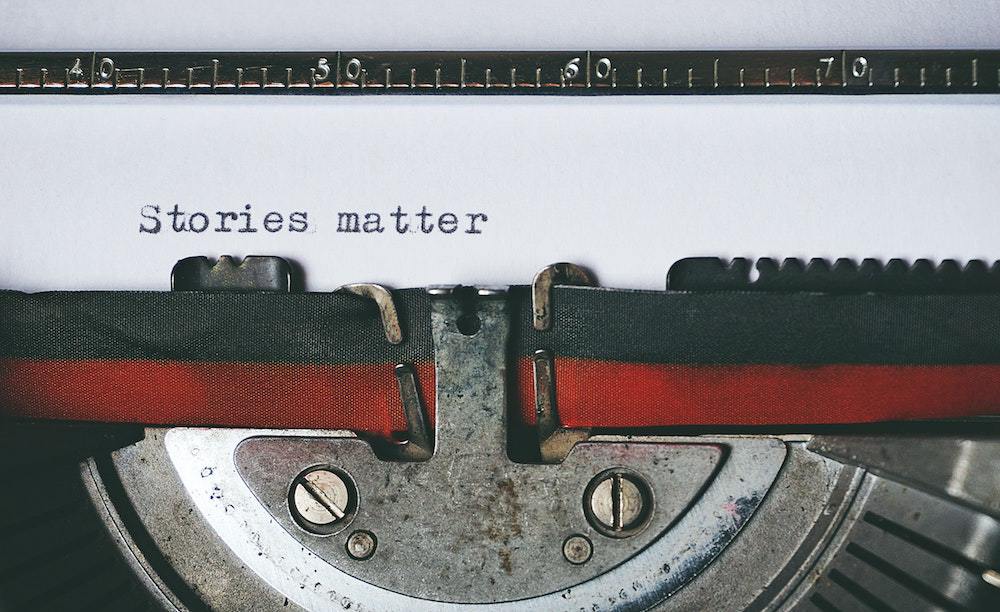One of the most newsworthy events in the pre-pandemic publishing world, the American Dirt controversy took the end of 2019 by storm. What Macmillan hoped would be a tentpole book for the year ended up highlighting some of publishing’s greatest problems in a high-profile way. This New York Times article does a great job of explaining all the details surrounding what happened, but it’s perhaps more important to consider how it happened. It’s no secret that publishing is an overwhelmingly white industry, and issues of diversity, representation, and bias are all too familiar to both writers and publishers. If it’s safe to say that we’re all aware of the lack of diversity and the need for greater, more accurate representation of marginalized voices, then how do controversies like the one around American Dirt continue to happen?
Rather than actively seeking out and publishing the work of more diverse writers, publishers continue to predominantly employ white writers and editors while also publishing more diverse stories. This leads to books being written and edited by those who don’t share the lived experiences they represent, and oftentimes, flawed, incorrect, and even harmful representations of marginalized communities. The main issue readers took with American Dirt was that the author did not share the lived experiences she wrote from the perspective of, and that the authenticity and quality of the book suffered greatly as a result. It’s unclear whether or not the book underwent an authenticity read, but it is likely since Macmillan has been known to use them in the past. Regardless of whether it did, the book still fell short.
So what can editors learn from American Dirt? First, as an editor you have to understand that you come to a manuscript with your lived experience and your worldview. The way you edit is heavily influenced by these things, and being aware of them can help you understand what you can bring to a manuscript, and equally as important, what you can’t.
Second, no amount of editing or authenticity reading can replace the merit of an author who writes about a lived experience they have, whether in fiction or nonfiction. Similarly, the benefits of editing a manuscript that contains characters or events which relate to lived experiences you have cannot be understated. Though you don’t have to have personal experience with an event or share an identity with a character to edit well, it can help, and being mindful of the ways your identity is both similar to and different from the manuscript you’re working on will always improve your work.
Finally, use your platform for good. It’s clear that none of the editors who worked on American Dirt saw the controversy coming, but they potentially could have. For example, the #OwnVoices movement offered some idea that the book might receive backlash well before publication. Editors have a lot of power when it comes to what titles are acquired and eventually published, so it’s important to use that power to acquire diverse books written by diverse authors. All of this teaches editors that we need to edit with our identities in mind, use our platforms for good, and learn from our mistakes.

